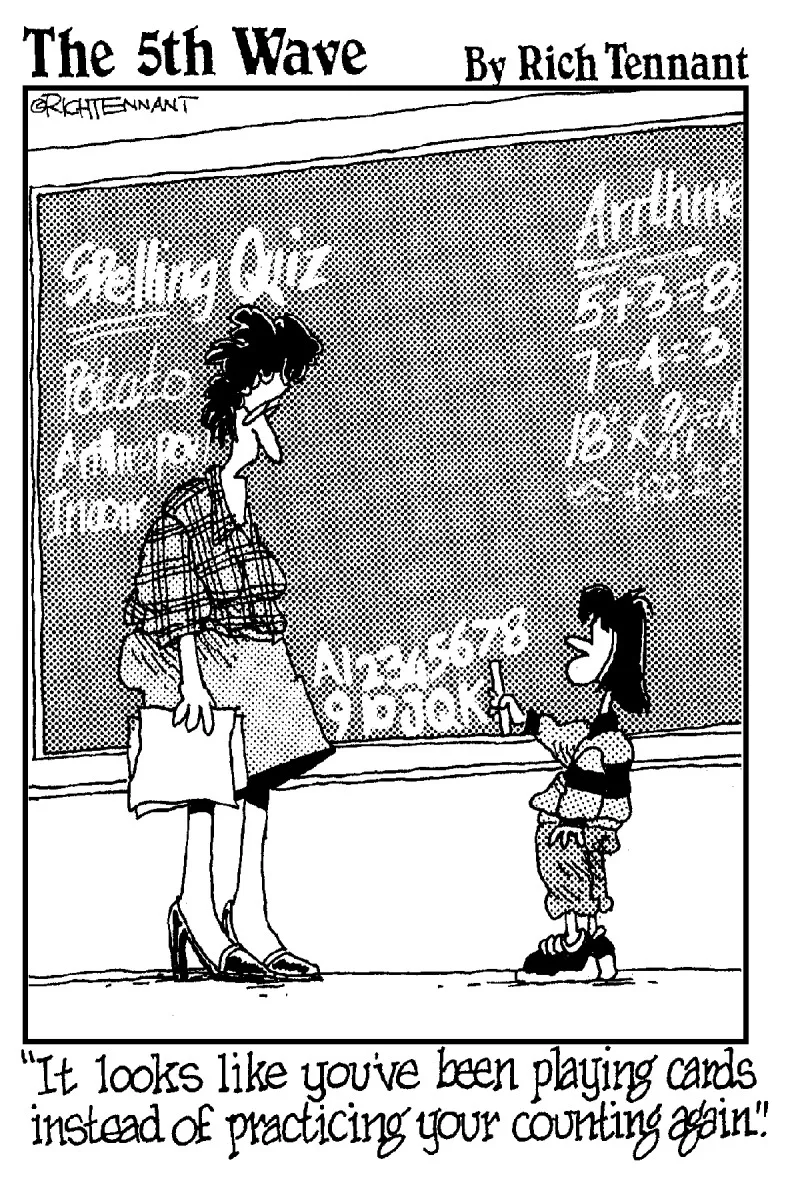
eBook - ePub
Rookie Teaching For Dummies
W. Michael Kelley
This is a test
Share book
- English
- ePUB (mobile friendly)
- Available on iOS & Android
eBook - ePub
Rookie Teaching For Dummies
W. Michael Kelley
Book details
Book preview
Table of contents
Citations
About This Book
Navigate politics, paperwork, and legal issues Find your instructional style and make learning fun for your students! Gain the upper hand on your first day of school! This friendly guide reveals what they didn't teach you in your education classes, offering practical advice and tons of real-life examples to help you set up and maintain an orderly classroom, engage your students, establish a grading system, and develop positive relationships with parents and school administrators. The Dummies Way
* Explanations in plain English
* "Get in, get out" information
* Icons and other navigational aids
* Tear-out cheat sheet
* Top ten lists
* A dash of humor and fun
Frequently asked questions
How do I cancel my subscription?
Can/how do I download books?
At the moment all of our mobile-responsive ePub books are available to download via the app. Most of our PDFs are also available to download and we're working on making the final remaining ones downloadable now. Learn more here.
What is the difference between the pricing plans?
Both plans give you full access to the library and all of Perlego’s features. The only differences are the price and subscription period: With the annual plan you’ll save around 30% compared to 12 months on the monthly plan.
What is Perlego?
We are an online textbook subscription service, where you can get access to an entire online library for less than the price of a single book per month. With over 1 million books across 1000+ topics, we’ve got you covered! Learn more here.
Do you support text-to-speech?
Look out for the read-aloud symbol on your next book to see if you can listen to it. The read-aloud tool reads text aloud for you, highlighting the text as it is being read. You can pause it, speed it up and slow it down. Learn more here.
Is Rookie Teaching For Dummies an online PDF/ePUB?
Yes, you can access Rookie Teaching For Dummies by W. Michael Kelley in PDF and/or ePUB format, as well as other popular books in Didattica & Gestione della classe. We have over one million books available in our catalogue for you to explore.
Information
Part I
What They Didn’t Teach You in College

In this part . . .
It’s time to draw back the curtains and march proudly out of college and into (gasp!) the real world! No matter how much preparation you have in college, nothing can quite prepare you for what you’re going to face when you’re all alone in front of your first class. Things have changed since you were in school, and you’ll notice it right away. However, it’s not just the classroom that will bring surprises and shocks during your rookie year. You’ll also have to deal with society’s preconceived notions about what a teacher is.
In this part, I help you figure out just where you fit in the grand scheme of things, both at your school and in your chosen occupation. I also bring you face to face with a universal truth: Most of the stuff you learned in your teacher training is utterly useless in the classroom! But don’t worry — I give you all kinds of information that you do need, and nothing you don’t.
Chapter 1
What Have You Gotten Yourself Into?
In This Chapter




Most new teachers are shocked by how different their perception of the teaching profession and teaching itself tend to be. In order to reduce the transitional shock from perception to reality, this chapter focuses on some of the biggest unexpected adjustments that you’ll need to make as you earn your stripes as a teacher. As you read this book, you may find that not every single thing applies to you directly, but you can still find underlying commonalities that affect all teachers. In addition, remember that even though teaching probably won’t be exactly the way you pictured it, by no means should you fear those differences. The little unanticipated variations from the expected are often what make teaching the job that so enticed you in the first place.
Real World versus School World
The world inside the school walls is vastly different from the world outside those walls; however, a haunting, underlying similarity exists between the teaching profession and every other job that you could have taken. These differences make people refer to the “real world” in class, as in the common apologies, “You’ll need to know how to divide decimals in the real world,” and, “In the real world, people use these spelling words, so unless you want to look like a dolt, you need to memorize their definitions.” In this section, I show you how both worlds you’ll be living in compare and contrast.
The similarities
Even though teaching has more dissimilarities than parallels with the so-called real world, you’ll find universal laws that hold true in both. Understanding how your new world stacks up to the one you’re used to is a necessary first step in preparing for the teacher’s life.




The differences
Teaching is undeniably as unique a career as they come, and in many ways, it’s completely, utterly, and shockingly different from other jobs. Most of these differences are practical rather than philosophical, and if I sound like I’m starting to get a little bit too deep into academic speak here, let me dispel that perception with the first stark contrast I make between the real world and the school world:


-plgo-compressed.webp)

